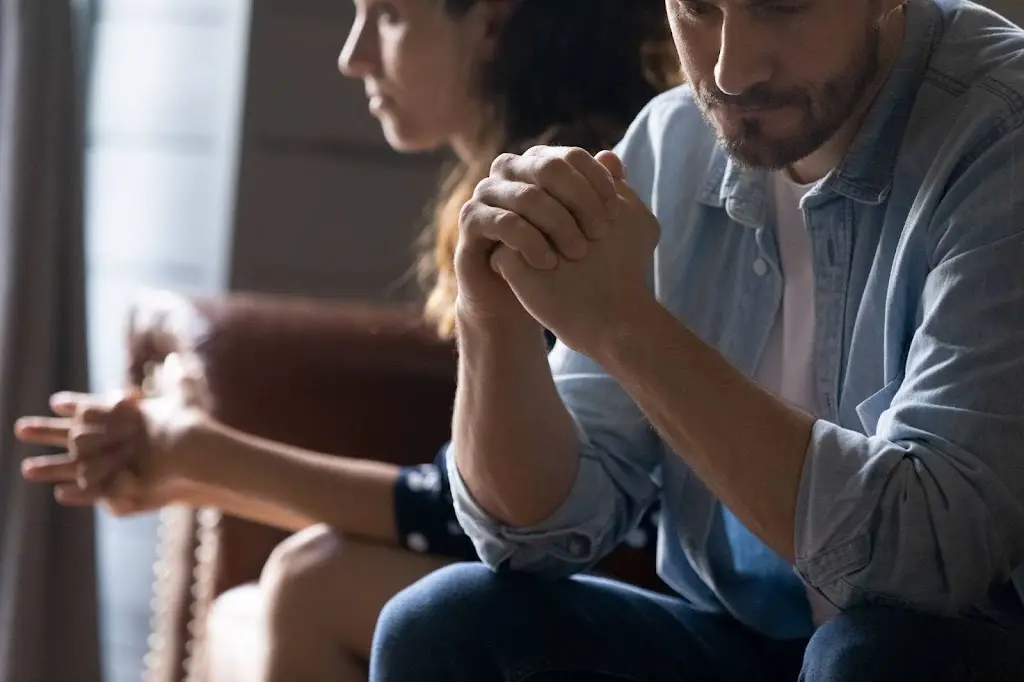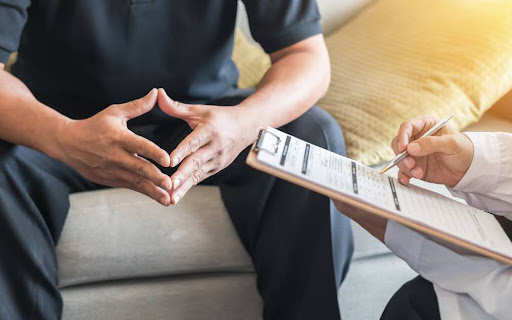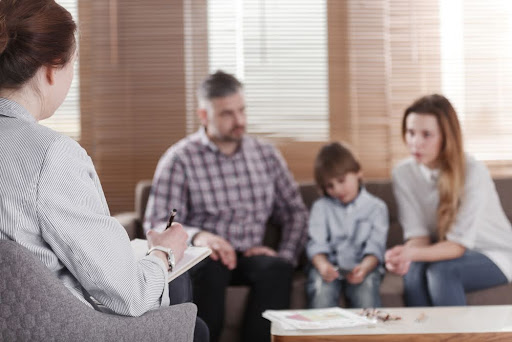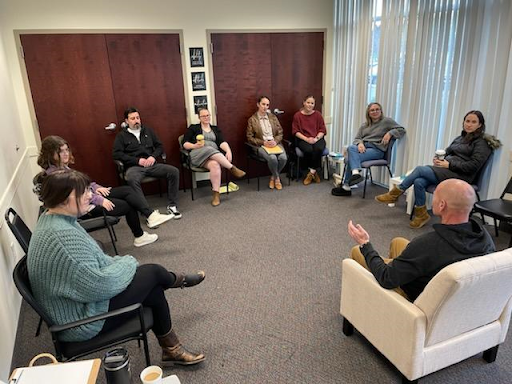Best Types of Therapy for PTSD: Cognitive, Medication & More
Understanding PTSD and Its Impact
Post-Traumatic Stress Disorder (PTSD) is a mental health condition that can develop after experiencing or witnessing a traumatic event. Veterans, first responders, survivors of abuse, and individuals who have endured accidents or natural disasters are particularly vulnerable. Symptoms can include flashbacks, nightmares, panic, emotional numbness, and heightened anxiety.
While PTSD can feel overwhelming, effective treatments are available. At Hope Springs Behavioral Health, our clinicians specialize in evidence-based therapies that help patients process trauma, reduce distress, and rebuild confidence. Whether through cognitive therapy, medication, or intensive outpatient treatment, there are pathways toward recovery.
Cognitive Behavioral Therapy (CBT) for PTSD
One of the most widely recommended approaches to PTSD treatment is Cognitive Behavioral Therapy (CBT). This structured, goal-oriented therapy focuses on identifying and reshaping negative thought patterns that fuel fear, anxiety, or avoidance behaviors.
CBT helps patients:
- Reframe harmful beliefs associated with trauma
- Reduce the emotional intensity of intrusive memories
- Improve coping strategies and daily functioning
- Build skills for long-term stress management
At Hope Springs, CBT is often integrated into our Individual Therapy sessions, allowing patients to work one-on-one with a mental health professional.
Eye Movement Desensitization and Reprocessing (EMDR)
Another effective PTSD treatment is Eye Movement Desensitization and Reprocessing (EMDR). This therapy involves guided eye movements or other forms of bilateral stimulation while recalling traumatic experiences. Research shows EMDR can help reduce the intensity of distressing memories and foster healing by allowing the brain to process trauma in a healthier way.
Although EMDR is highly specialized, it has been shown to reduce symptoms such as panic attacks, flashbacks, and sleep disturbances in patients with PTSD. It is frequently recommended for individuals struggling with anxiety disorders, panic disorder, or dual diagnosis conditions involving trauma and substance use.
*Disclaimer: Hope Springs does not offer EMDR services at this time.
Group Therapy and Peer Support

Healing from trauma can feel isolating, but connecting with others who share similar experiences often provides comfort and perspective. Group Therapy sessions for PTSD allow patients to share their stories, learn from others, and gain encouragement in a supportive environment.
Benefits of group therapy include:
- Reducing the sense of isolation
- Building trust and accountability
- Learning new coping mechanisms from peers
- Strengthening resilience through community
For patients managing another mental health condition alongside PTSD, group sessions can be particularly powerful.
Family Therapy and PTSD
PTSD not only impacts individuals but also affects relationships with spouses, children, and parents. Families may struggle with communication, emotional distance, or conflict when a loved one is coping with trauma. Family Therapy helps rebuild trust, enhance communication, and strengthen the family unit. It addresses challenges such as anger management, grief and loss, and stress management. Involving loved ones in treatment can provide vital support and improve long-term outcomes.
The Role of Medication in PTSD Treatment
For some patients, therapy alone may not fully relieve PTSD symptoms. Medications, including antidepressants or anti-anxiety prescriptions, can be highly effective when used alongside therapy. These medicines may help regulate mood, improve sleep, and reduce intrusive thoughts.
Our Psychiatric Services team provides careful evaluations and medication management for patients with PTSD and co-occurring conditions such as major depressive disorder, generalized anxiety disorder, or bipolar disorder. Medication is never a stand-alone solution but often enhances therapy and skill-building.
Intensive Outpatient Programs (IOP) for PTSD
Some patients need more structured care than weekly therapy sessions provide. That’s where an Intensive Outpatient Program (IOP) comes in. An IOP offers multiple therapy sessions each week, blending individual therapy, group support, family involvement, and psychiatric services into a comprehensive treatment plan.
Our IOP is especially helpful for patients with PTSD who are also managing dual diagnosis conditions such as substance abuse or mood disorders. By combining therapy with medication management and peer support, IOP participants gain the structure and consistency needed to move forward.
Holistic Approaches to Trauma Recovery
Beyond traditional therapy and medication, patients often benefit from holistic approaches that promote overall well-being. These may include:
- Art therapy to express and process emotions nonverbally
- Meditation and mindfulness to reduce stress and improve focus
- Stress management training for real-world coping
- Anger management programs to handle heightened emotional responses
- Peer support groups that foster motivation and accountability
At Hope Springs, our clinicians incorporate these strategies into treatment plans when appropriate, helping patients achieve a balanced approach to recovery.
Finding the Right Treatment for You
Every patient’s experience with PTSD is different. Some may respond best to CBT, while many require a combination of therapy, medication, and supportive services. At Hope Springs Behavioral Health, our mission is to meet patients where they are and provide personalized treatment that addresses the whole person—mind, body, and emotions.
If you or a loved one is struggling with PTSD, reaching out for help is the first step toward healing. With compassionate care and evidence-based treatment, recovery is possible.
Begin Your Journey at Hope Springs Behavioral Health

PTSD does not have to control your life. Hope Springs Behavioral Health offers a range of services, including individual therapy, family therapy, group therapy, psychiatric services, utilized within our intensive outpatient program, to help patients recover from trauma and reclaim their well-being.
Contact us today to learn more about PTSD treatment options and to schedule your first appointment. Together, we can build a path toward resilience and healing.










